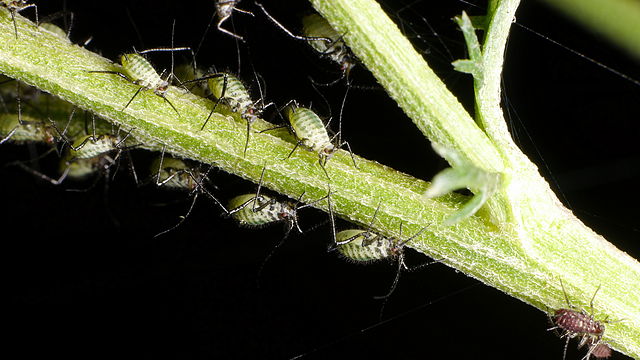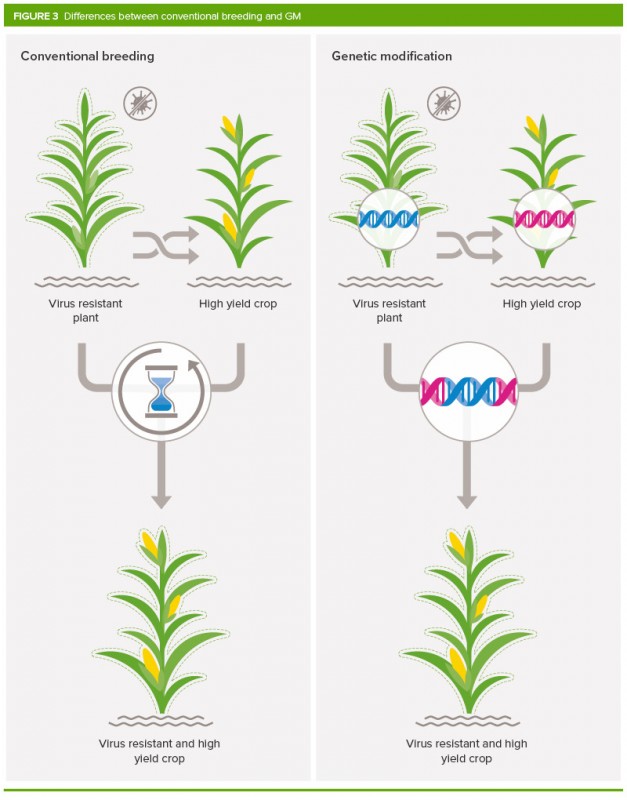 Imagine arming insects with viruses that can immunize plants... it might seem like a far-fetched idea, but a recent proposal by the Pentagon might just achieve that.
Imagine arming insects with viruses that can immunize plants... it might seem like a far-fetched idea, but a recent proposal by the Pentagon might just achieve that.
The prospective plan is to genetically modify insects to spread a virus to plants that will alter their chromosomes and make them essentially indestructible against natural disasters and foreign attacks.
Although this seems like a beneficial idea, a journal called Science published a warning that advised the government against going through with this idea.
Let us look at the two sides of the issue.
The Idea
The goal of the government-funded research (DARPA) is to find a way to reconstruct the genes of insects that plague crops and then transfer the genes to plants. This is very similar to the immunizations or flu shots you take where a weakened strain of virus is injected into your body to protect you.
 Right now, there are more conservative methods where plants are bred such that certain favorable genetic traits develop over multiple generations. This new plan was proposed as a faster alternative and would ensure a stable food supply at times of natural and human disasters.
Right now, there are more conservative methods where plants are bred such that certain favorable genetic traits develop over multiple generations. This new plan was proposed as a faster alternative and would ensure a stable food supply at times of natural and human disasters.
The government hopes that the genetic modifications to the plants will also make it easier for farmers to protect them against natural hazards like frost and plagues.
There are different methods through which the genes of the plants could be modified using insects. One of these processes involves using tiny bugs called aphids that feed on plants by sucking their sap.
Scientists propose using the aphids to infect the plants with a virus that controls a certain trait in them. There is still some uncertainty as scientists are not sure if the effects of the gene change will last for the whole lifetime of the plant.
This method would also be different from traditional methods of genetically modifying the seeds of plants like corn and soy before they are planted. Researchers argued that the proposed plan would be a more time-efficient and cost-efficient method.
What Could Go Wrong
The new plan faced a major backlash from scientists all over the country who are concerned that it would set off a “biological arms race”.
DARPA stated that the venture was essentially the same as building biological weapons that would have the potential to destroy crops in other countries.
Many scientists have stated that once a swarm is released, it would be very hard to control those bugs, which could lead to catastrophic results. Furthermore, the bugs could be easily re-engineered to carry adverse viruses with the potential to destroy crops in other countries, which would classify them as biological weapons. Biological weapons have been banned since 1975 under international law.
The scientists have suggested ways of improving existing systems for protecting crops, but DARPA claims they would be much more expensive and inefficient.
Sources: NYTimes, Chicago Tribune, NBC, BBC, Guardian, Independent.co.uk







